
Major TSB grind today, includng an entertaining interview with Clyde Drexler and some Rookie/Sophomore thoughts. Stay tuned to there.
One of the reasons I hate our book now is that, as I've said several times already, it seems like this season has brought about a subtle-yet-dramatic shift in the NBA. Kobe suddenly became an elder statesman instead of a lightning rod; the 21st century draft classes now rule the roost; a number of younger players have taken their ever-improving games into the All-Star waiting area; and, as one commenter put it, "a generation of good-not-great players" has slipped into irrelevance, gracefully receded, or seen their stories wrapped up with little room for protest. I'm working on a revised table of contents for a (purely hypothetical) 2009-10 Almanac, and it pretty much involves a complete and total overhaul.
But underneath all this is another trend, one that while possibly accidental is certainly worth noting. When pressed to break up recent NBA history into epochs, I'd go with the 1980's/early 1990's Golden Age, then the post-Jordan era, which overlaps the beginning of the Iverson era and then lingers on through it like a ghost with tenure. I'd thought that the period FD has existed through was somehow post-Iverson, where style and identity co-existed with empirical results and make others feel safe. Like the equilibrium the dress code has settled into. In fact, that's the dualism that drives most of the book's profiles, the tension between swaggering inviduality and the need to fit into a viable, and marketable, version of basketball.
This season, it seems like we're entering a new era, one where the sky is patroled by utter professionals with a strong aversion to inner turmoil. We're not just seeing players with simple narratives take over; a lot of them seem way lacking in any kind of narrative, or personality-driven dynamism. In the book, Dr. LIC took Duncan's non-ness as the ultimate enigma; the Recluse found Joe Johnson compelling because he yielded so little that was distinct apart from his game, if even that. Compared to Johnson, Duncan—boring, mordant, mysterious, vacuous—might as well be Kobe Bryant. The new NBA is at peace, resolved, and if not muted, then certainly a place where the rhythms of craft tamp down man and his problems, instead of the latter animating the former. The game is becoming a Platonic ideal (you know I meant it if I make a fucking Plato reference), not a violent three-headed dialectic of self, world, and pastime.
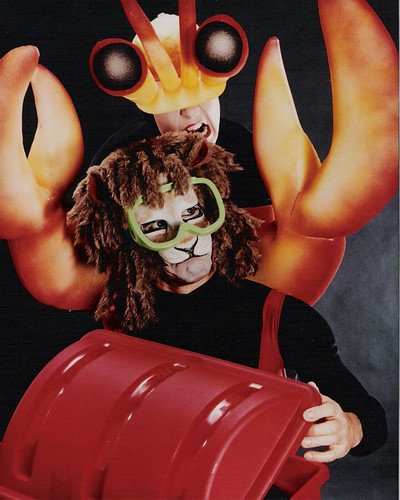
Who are the names we recite this season? LeBron James, otherworldly but impenetrable; Dwyane Wade, a game possessed but a man forever at ease; Chris Paul, a nice guy with a mean streak in competition; Dwight Howard, the goofy big man whose excessive popularity has everything to do with him being one of the league's few fonts of personality, or personality/professionalism tension. Dirk and Chauncey, older dudes who have always been at odds with the NBA's culture of dissonance. Duncan, who in this context comes off as imperfect, and thus enthrailling, pre-history. The aforementioned Joe Johnson, the standard-beared for a new group that includes Brandon Roy, Danny Granger, Al Jefferson, Devin Harris, Jameer Nelson, and David Lee. Even the top rookies, Derrick Rose and O.J. Mayo, are in part being praised for their maturity and level-headedness. Professionalism may not have sublimated swagger, but it's certainly well on its way to sublimating it at the expense of—or perhaps in place of—the trials of the self.
There is perhaps no greater evidence of this unexpected shift than the rise of Kevin Durant. Durant's mild-mannered off the court, but on it has a phantasmic bloodlust that's equal parts sneaky, vicious, and just plain mysterious. He's also the best small forward the West and yes, I agree with Simmons that he's the league's most underrated player. Watch him over a couple days. Not only does he look every bit the force he was at UT; gone are those quarters of nebulousness or frustrated jump-shooting. Durant goes to the rim stronger, faster and more insistent than we'd thought possible, while retaining all the sleek, slippery qualities that define his movements on the court. He rebounds, sometimes with a force bordering on outrage, and sets up teammates with tough passes. And on defense, there's determination if not always results, and feats that use his length to its fullest. What's more, Durant's gaining power (figurative, dudes, so maybe it should be "powers") every day, such that the improvement over a couple weeks is noticeable.
He's also now better than Carmelo Anthony, who while he may be the most complete offensive player in the game, and a far more committed rebounder and defender this season, is always subject to his passions. What's more, our perception of Melo, and his life in public, are always a function of the complexities surrounding his person, or persona. Melo is the epitome of post-Iverson, a player undeniably hood but trying to synthesize that with good basketball. However, there's no separation there, much less sports overtaking the rest of the world. And while I hate to say it, Durant's partly a better player because he's less distracted, his development less loaded, and his style full of details that warrant purely aesthetic (or technical) critique, rather than the kind of all-encompassing blather this site specializes in.
I fully acknowledge that Durant has not turned out to be a force for utter change. But perhaps even the meta-discourse of revolution and renewal is moot, at least for a while. This is an age of reconciliation for the NBA, with itself and its audience. Now is not the time to thrust forth radicals or make us deal with the madness of others, but the period when we take stock of what came before, consolidate and digest it, and as I said the first time I got all worked up about this subject, appreciate it.
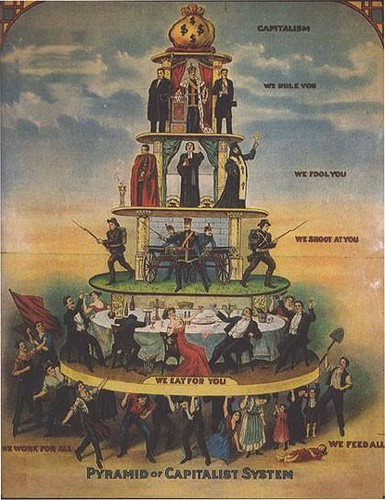

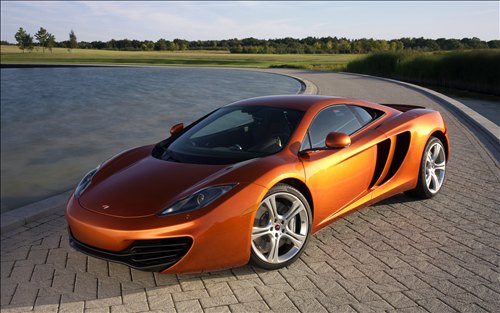




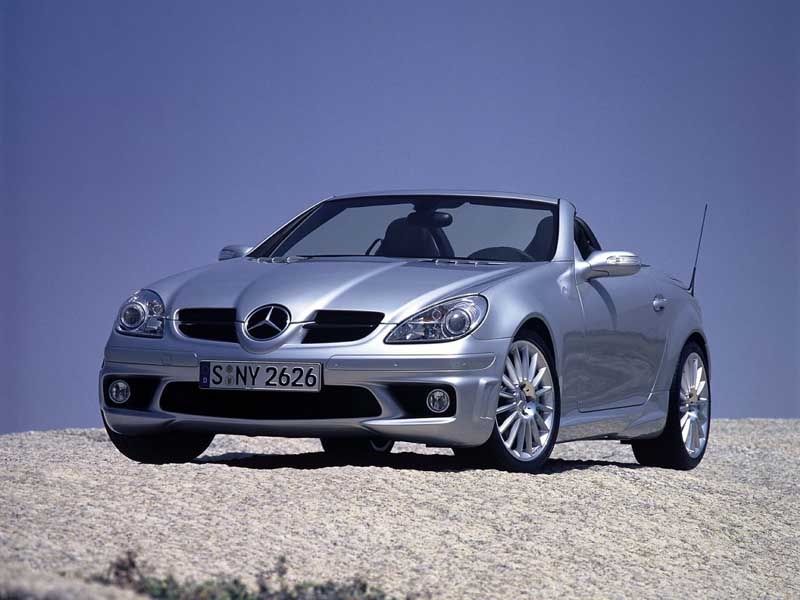

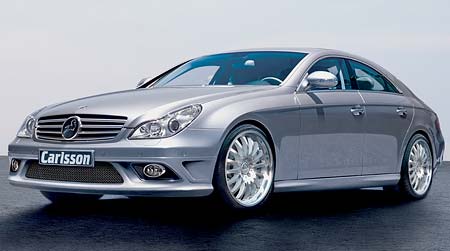






No comments:
Post a Comment